Hopes voice could help ‘meeting fatigued’ Native Title bodies
Some groups are estimated to be spending around $500,000 a year administering consultations and statutory obligations.
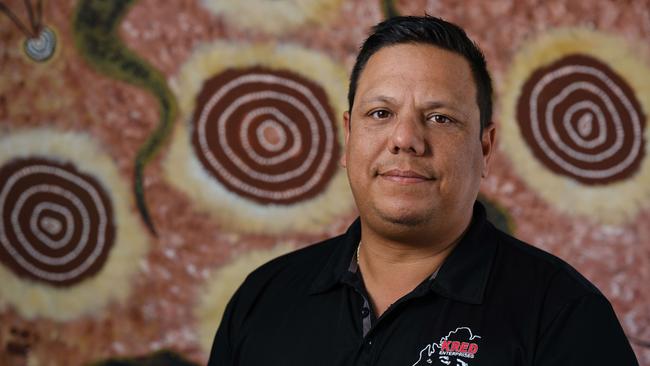
Native Title groups in Western Australia’s Kimberley are being increasingly swamped with consultation requests and obligations, with senior Indigenous figures from the region hopeful a voice to parliament could help them direct more time and resources to their communities.
Some groups are estimated to be spending about $500,000 a year administering those consultations and statutory obligations, dwarfing the tens of thousands of dollars of annual government funding provided to help them comply.
Many are also devoting the vast majority of meeting times to dealing with those requests.
Damien Parriman, chief executive of KRED Enterprises, an Indigenous group that provides advisory services to several native title groups in the region, said he recently saw an agenda for a two-day meeting for one of KRED’s member organisations that had allocated just one hour to discuss the group’s own projects.
The rest of the two days was devoted to responding to third party requests and government consultations.
“More and more, government policy is requiring native title holders or traditional owners to be consulted, to be engaged or to provide consent to all these matters, but none of these organisations is funded to do anything,” he told The Australian.
“Often the money they’re generating is going back into fulfilling obligations imposed on them by legislation and/or policy.”
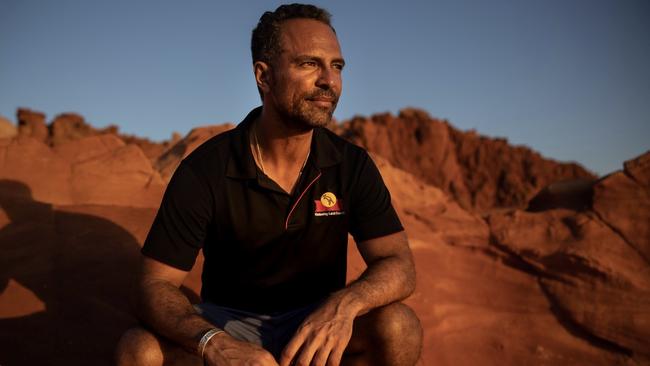
Mr Parriman said parties looking to engage with native title groups needed to be more willing to help fund those consultations.
“They want to maintain goodwill, they don’t want to say ‘Sorry, we don’t have the time to deal with them’,” he said.
“Parties that want to engage with the traditional owners need to allocate resources for that engagement, not expect that they’re going to come to the party voluntarily, which people have for years.”
Many native title groups were suffering from “meeting fatigue”, Kimberley Land Council chief executive Tyronne Garstone told The Australian. “Some of the legislation is critical because it’s forcing industry to engage, however, we haven’t been afforded the opportunity to sit down and work through with industry and government all in the one room to say ‘How do we make sure your interests are being met, our interests are being met and there is good outcome for all of Australia?’ ”
He said the backlog of consultations and requests were incorrectly fuelling perceptions that many Indigenous groups were opposed to development on their lands. “It is feeding this idea that traditional owners are against economic development but the reality is that they are under-resourced,” he said.
“Rather than seeing traditional owner groups as a hindrance to economic development, you need to see them as a partner and an opportunity and resource them appropriately.”
Both Mr Parriman and Mr Garstone were vocal opponents of the WA government’s recently abandoned Aboriginal Cultural Heritage Act, with the KLC leading protests outside parliament after the act was passed in 2021.
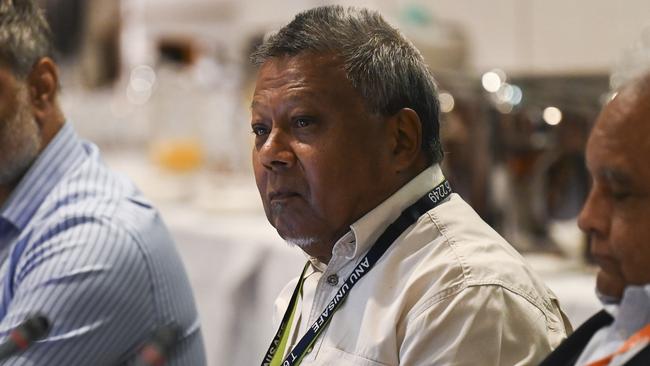
Mr Garstone said an Indigenous voice to parliament – in particular one that included voices at local and regional levels – could have helped avoid the ACHA debacle and ensure policymakers better understood the pressures and constraints on Indigenous groups.
“We feel like we’re at the whim of governments, making decisions based upon very isolated information and often not informed on what their region’s best interests are,” he said.
Peter Yu, vice-president First Nations at Australian National University, returned home to Broome last week to deliver a speech in which he said a voice to parliament would be critical in helping to close the gap and drive Indigenous economic empowerment.
He said there was a capacity deficit in interactions and negotiations with native title groups in prescribed bodies corporate, governments and the business sector.


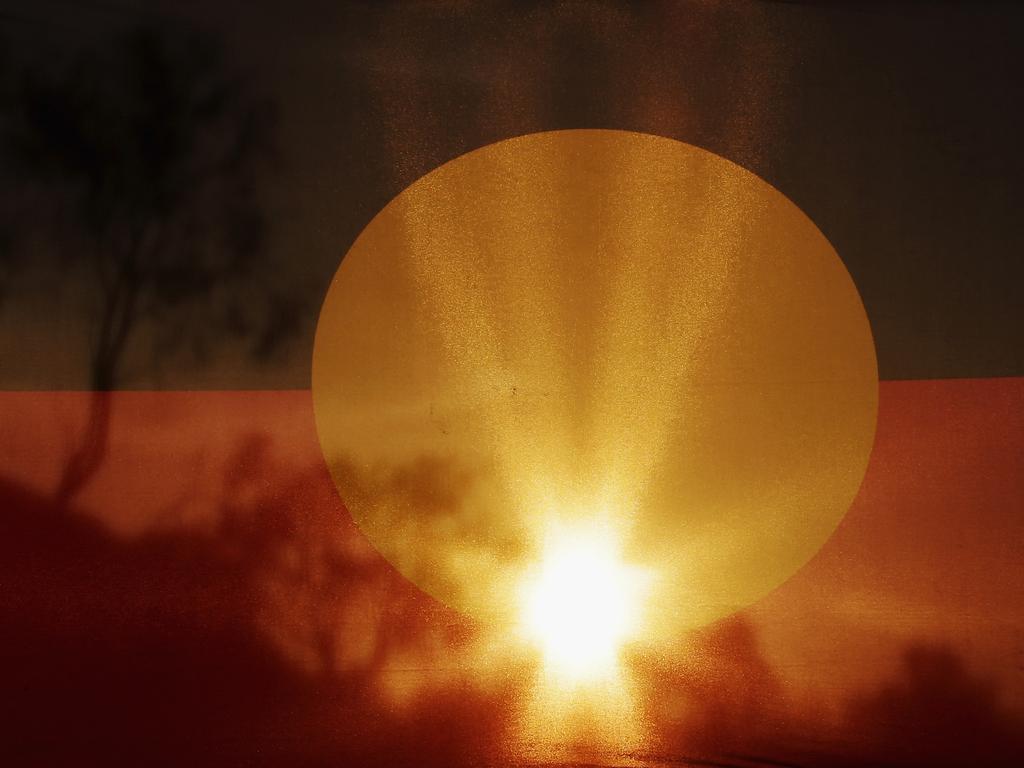
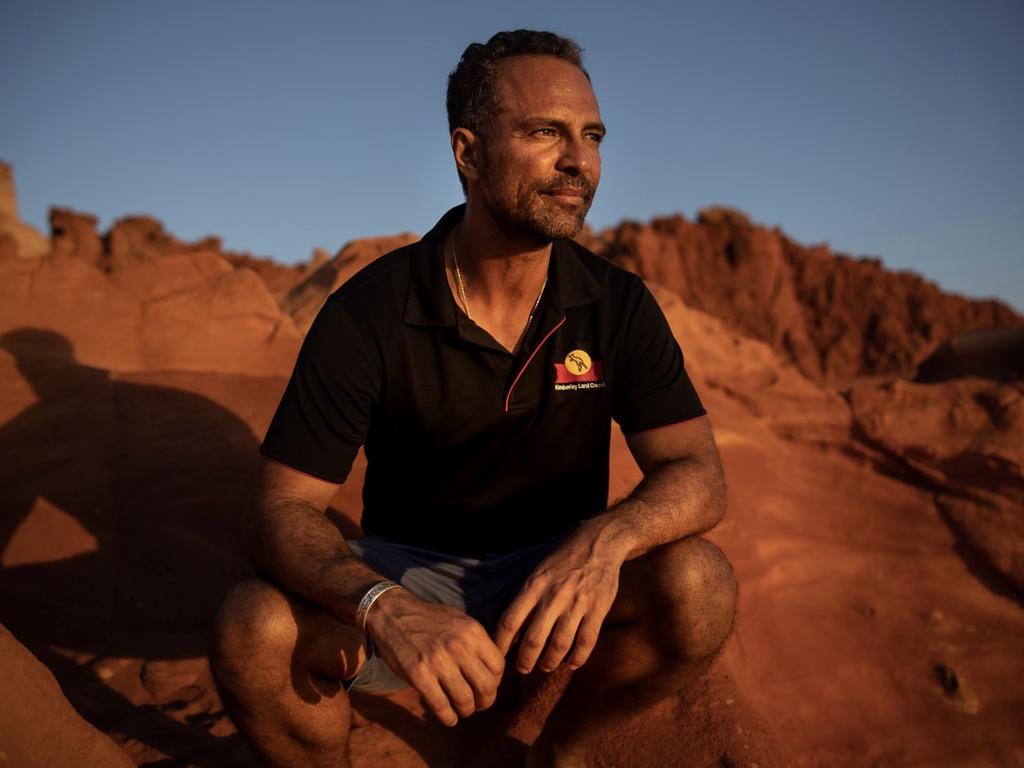


To join the conversation, please log in. Don't have an account? Register
Join the conversation, you are commenting as Logout